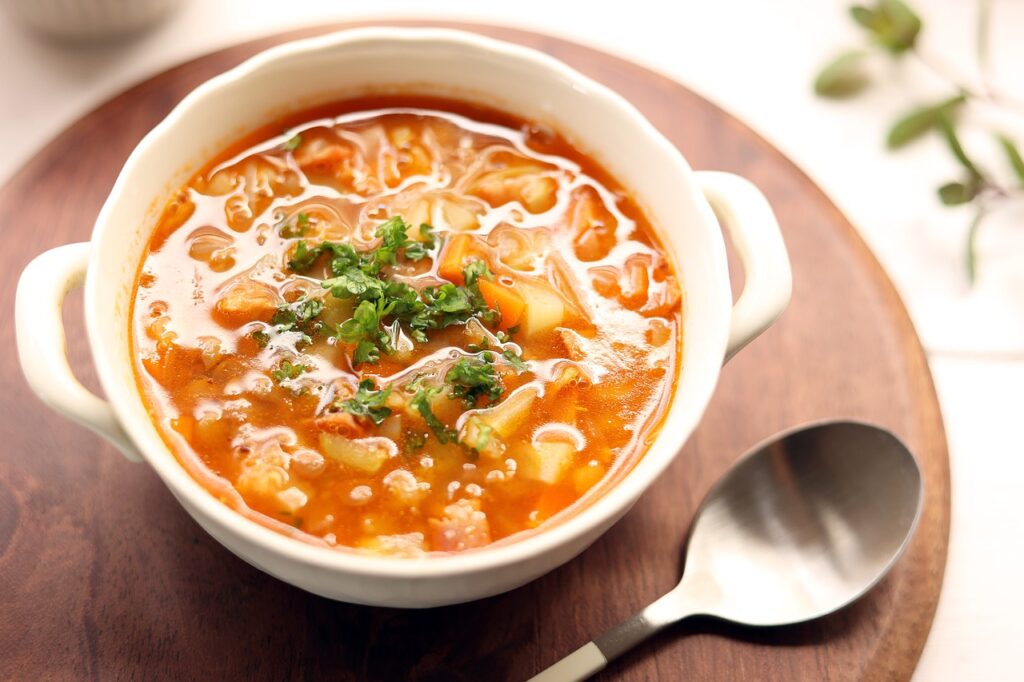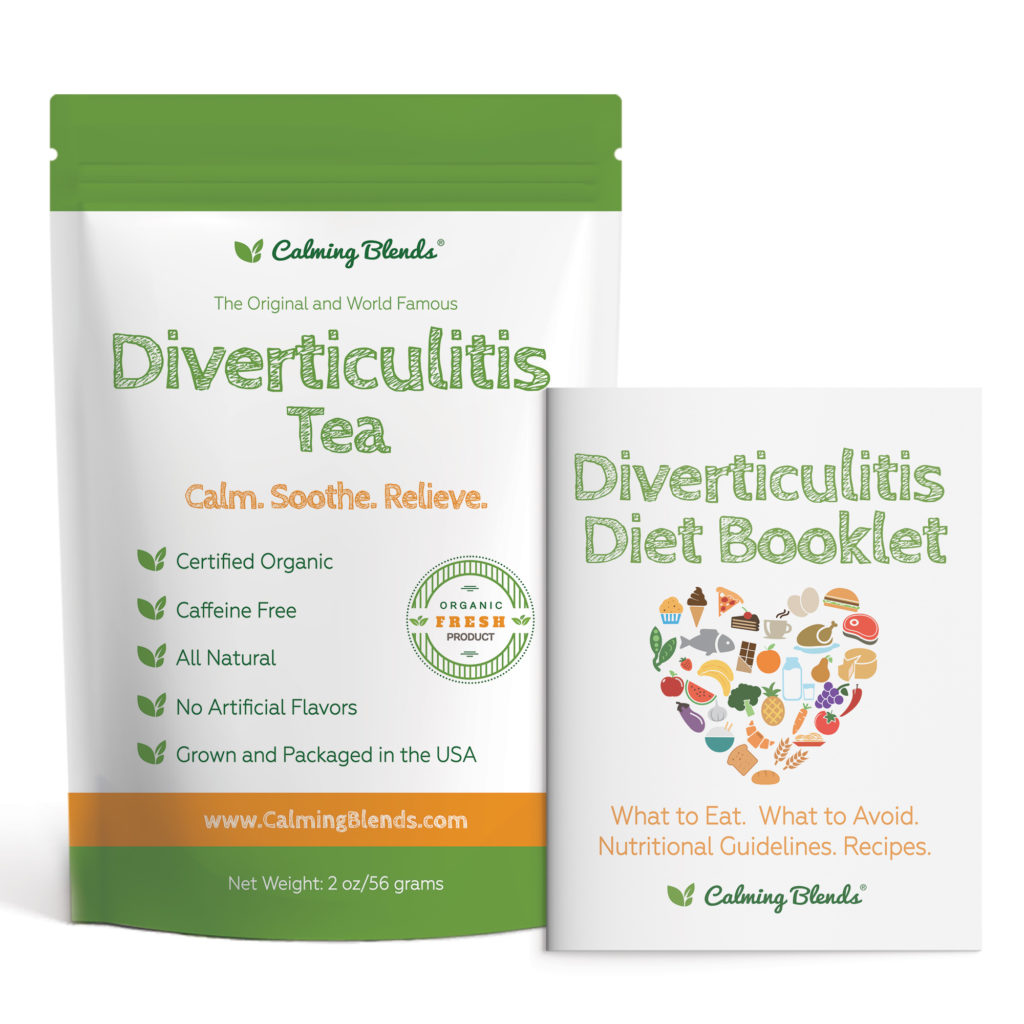Diverticulosis is a common gastrointestinal condition where small pouches, known as diverticula, form in the colon wall. While diverticulosis itself may not always cause symptoms, it is crucial to adopt a diet that supports digestive health and prevents complications like diverticulitis. In this blog, we will explore a comprehensive diet guide for diverticulosis, focusing on foods that promote gut health, alleviate symptoms, and minimize the risk of diverticulitis. All recommendations are backed by credible references for your assurance.
1. Embrace the Power of High Fiber Foods
Dietary fiber plays a pivotal role in managing diverticulosis. High-fiber foods promote regular bowel movements, soften stool, and reduce pressure on the colon walls, preventing the formation of diverticula. Incorporate the following fiber-rich foods into your daily diet:
- Fruits: Apples, pears, peaches, oranges, and bananas.
- Vegetables: Broccoli, cauliflower, carrots, sweet potatoes, and spinach.
- Whole Grains: Brown rice, quinoa, whole wheat bread, and oatmeal.
Reference: American Society of Colon and Rectal Surgeons (ASCRS). Diverticular Disease. Retrieved from: https://www.fascrs.org/patients/disease-condition/diverticular-disease
2. Hydration is Key
Staying well-hydrated is vital for maintaining healthy digestion and preventing constipation. Aim to drink at least eight glasses of water daily. Opt for water, herbal teas, and diluted fruit juices, while avoiding excessive caffeine and alcohol, as they can contribute to dehydration.
3. Probiotics for Gut Health
Probiotics are beneficial bacteria that support a healthy gut microbiome, enhancing digestive function and overall well-being. Integrate probiotic-rich foods into your diet, such as:
- Yogurt: Choose plain, low-fat yogurt without added sugars.
- Kefir: A fermented milk drink with probiotic properties.
- Sauerkraut: Fermented cabbage with probiotic benefits.
4. Mindful Food Choices
While fiber is essential, some foods may irritate the colon or trigger symptoms. Limit or avoid the following:
- Red Meat: High in fat and difficult to digest.
- Processed Foods: Contain additives and preservatives that can upset the digestive system.
- Spicy Foods: May cause irritation and discomfort.
- Excessive Dairy Products: Some individuals may be lactose intolerant, leading to digestive issues.
5. Cooking Methods Matter
Opt for gentle cooking methods like steaming, boiling, or baking rather than frying. These methods are easier on the digestive system and help retain the nutritional value of foods.
6. Sample Diverticulosis-Friendly Recipes
A. Hearty Lentil Soup
Ingredients:
- 1 cup dried lentils
- 2 carrots, chopped
- 2 celery stalks, chopped
- 1 onion, chopped
- 2 garlic cloves, minced
- 6 cups vegetable broth
- 1 teaspoon dried thyme
- Salt and pepper to taste
Instructions:
- Rinse lentils under cold water and set aside.
- In a large pot, sauté onions and garlic until translucent.
- Add carrots, celery, lentils, vegetable broth, thyme, salt, and pepper. Bring to a boil, then reduce heat and let simmer for 25-30 minutes until lentils are tender.
- Adjust seasoning to taste and serve warm.
B. Grilled Salmon with Lemon-Dill Sauce
Ingredients:
- 4 salmon fillets
- 2 tablespoons olive oil
- Juice of 1 lemon
- 2 tablespoons fresh dill, chopped
- Salt and pepper to taste
Instructions:
- Preheat grill to medium-high heat.
- In a small bowl, mix olive oil, lemon juice, dill, salt, and pepper.
- Brush the salmon fillets with the olive oil mixture.
- Grill the salmon for 4-5 minutes per side or until cooked through.
- Serve with additional lemon wedges and a side of steamed vegetables.
Conclusion
The key to managing diverticulosis lies in adopting a balanced and nutritious diet. Embrace high-fiber foods, stay hydrated, and incorporate probiotics into your meals. Mindful food choices and gentle cooking methods can further support gut health. By following these dietary recommendations and trying out diverticulosis-friendly recipes, you can nurture your gut and promote overall well-being. Remember to consult with your healthcare professional for personalized dietary advice based on your specific health needs. Take charge of your digestive health today and embark on a journey of enhanced well-being.


